My relationship with anime has been and continues to be somewhat fraught. Many of favorite pieces of media including Cowboy Bebop, Akira, and Princess Mononoke are all anime, and its something I have consumed off and on since my adolescence. It’s also a form with incredible potential. No other story telling medium has the ability to manifest the sublime or surreal in such definitive fashion.
Take for instance my beloved Cowboy Bebop, a show set in the mildly post-apocalyptic year 2071 that follows a group of bounty hunters struggling to keep afloat in a spaceship named The Bebop. Spread out over 26 serialized “sessions”, we learn to care about these characters and their histories, watching them struggle with the weight of their pasts.
One of the leads Jet Black, is a former cop who after a bad break-up ends up getting betrayed by his partner. As the show progresses, we see Jet eventually come to terms with his past, as he begins to understand why his former lover left and helps an old friend's daughter reconnect with her father. At its core, the show is about growth, not in a simple things will get better sort-of-way, but in a you are going to carry that weight way.
When combined with art that highlights a world also struggling with its past, the show transcends the medium, becoming a piece powerful enough that it has changed my life in more ways than I can count.
I bring this up for two reasons. First, to ensure that any reader understands that this critique comes from a place of love. So many hours of my life have been spent consuming anime and it's something I still turn to when looking for new art to consume. Second, to try and help serve as a basis for my analysis of Solo Leveling.
Solo Leveling is also about growth, in a twisted sort of way. It follows Sung Jinwoo an early twenties “hunter”, who goes around slaying monsters in portal-accessed dungeons. Jinwoo starts off as the weakest hunter and continuously puts himself in harm's way to try and earn money for his younger sister and hospitalized mother. Unfortunately for Jinwoo, in this universe, one's power is static. Whatever level of power you are born with is the amount you will carry to your grave.
From a thematic level, this subverts the traditional power fantasy of most anime like Naruto or One Piece, which present a world in which people who train hard are rewarded. One could think of this as a possible interesting subversion of the tropes, featuring a character who is great despite not having great power. Unfortunately, that’s not what happens.
During a dungeon raid, Jinwoo and his group stumble upon a strange temple filled with traps and riddles which end up killing half the group. Jinwoo then sacrifices himself to ensure the escape of his other group members (potentially betrayed also?). Moments before his death, he is given the option to become a player and access to "the System", allowing him to level up, increase his stats and skills, and complete RPG-like quests. The story then follows Jinwooas he begins to utilize the system to grow in speed, strength, and skill, and fight the monsters in the dungeons.
Central to this growth is his change in personality. At the start of the show, Jinwoo is pretty timid and insecure over his lack of strength. Combined with his financial troubles, the picture we get of Jinwoo is one of weakness and failure, one that he has also internalized. Jinwoo also cares deeply for his family, willing to put himself in significant harms way for them. However, after the trauma of almost being killed and gaining access to the system, Jinwoo develops into a significantly more cold individual.
A few episodes after the initial event, Jinwoo kills 6 other humans, noticing that taking a life was easier than he thought. Gone is the boy who had thrown himself into danger for the greater good. Instead, we have someone who is focused on growing his individual strength, and has little remorse for taking the lives of those who threaten him.
On a thematic level, this is grotesque. Unlike Cowboy Bebop, which features characters grappling and moving on from their trauma, Solo Leveling presents a study in which a character revels in it. The trauma Jinwoo endures doesn’t make him weaker, it makes him stronger, gifting him the power he sought for years. The show also presents a world in which getting stronger isn’t even possible through training or study. It is as if the show wants to argue that trauma is the sole reason for personal growth.
If you have been around internet political circles, you are almost certainly familiar with the Michael Hopf quote, turned internet meme, “Hard times create strong men. Strong men create good times. Good times create weak men. And, weak men create hard times.”
Popular in the manosphere, unironic sigma male and right-wing circles, this meme reinforces typical patriarchal notions of masculinity, that is through struggle or trauma that we can reach greatness. And while there is some truth in this argument as, borrowing from feminist theory, power makes us blind to the struggles of those beneath us. Thus, if we want to help create a more equitable society, must lift up the voices of those who have struggled.
The issue with this manosphere argument is its broader use and understanding. It serves as a lightning rod for a wide manner of patriarchal reinforcing arguments, including strength as a necessity for leadership, women as symbols of strength, and the need for violence in society.
All of these themes are also seen in solo leveling. Take the tokenization of women, as an example. After leveling up a number of times and gaining in strength, Jinwoo’s physique transforms into a significantly more muscular and masculine build. Then, in episode 5, we are treated to some suggestive frames of nurses gossiping over his body, before one opens the door on him while working out.
The nurse then proceeds to gasp, taken aback by his muscles before asking for his phone number. Jinwoo, exemplifying “sigma male” traits gives it to her, but shows little interest in her romantic interest. The goal of this is to serve as a symbol of Jinwoo's transformation, where before he was looked down upon by women, now he is sought after. However, the effect is different. Instead, we see romantic interest as a product of strength and masculinity. Women are drawn to the "alpha" like flies to the lamp, not people with their own individual wants and desires, and for men its through strength you can “get girls”.
As another example, look at the leadership structure of the guilds within hunter society. Each of them is led by a S-rank hunter, the classification for the most powerful hunters.
The show presents each of these guild masters as capable leaders, not because of their ability to lead, but because of their strength in combat. Essentially the author has created a social system in which people are given status based on a natural born magical prowess, with no possibility of ever moving up or down that ladder (except for Jinwoo).
In almost any other piece of media, this conceptual society would be dystopian, a la Hunger Games. However, Solo Leveling presents it not as a problem, never questioning the systems of power in the created society.
While there are numerous more examples of the show's politics, I think the point here is clear. Solo Leveling encodes a right-wing worldview, one based on strength and social darwinism. However, this still leaves the question, what makes this a Sigma-male show?
There isn’t really a great academic definition of what makes a Sigma male a Sigma, which makes tight analysis a bit difficult. However, in my experience, the defining feature of a Sigma is its solitary, “don’t give a fuck” nature. It sits outside the pseudoscientific male hierarchy as an other, irresponsive to society's pressures, instead focusing on developing its own masculinity, albeit a hyper-masculine one.
To me, Sung Jinwoo is the prototypical Sigma male. Throughout the entire show, we constantly see him focusing on his own strength, ignoring the potential to develop other relationships. He even goes so far as to stop caring about material needs like income. Much of this change, again, is tied to his newfound power, as through strength he is able to achieve everything.
The show even goes so far as to suggest that this power and his Sigma mindset are self-reinforcing. As Jinwoo becomes stronger, he becomes more disconnected from the world, which in turn gives him more time to become stronger.
All of this paints a pretty damming picture for young boys and men who might watch the show. It reinforces traditional notions of what success is for men - money, women, and power while also championing anti-social behavior. It teaches young boys not to try and help others, but instead to focus on one’s self, and helps to reinforce that might make right in men. It teaches people that it's not through relationships that we can find happiness, it's through strength.
I began this essay by saying that I loved anime, and there are plenty that I do. But I think what is a more accurate statement is that I love the possibility of anime. The ability to imagine and then realize worlds, powers, and stories free from the confines of reality will never not appeal to me. I am a person with my head in the clouds constantly, a deep romantic who loves the grandeur of it. But good art isn’t made with just technique, it's when it reflects the world around you in a way that makes you stop and think. Bad art then, is when the opposite happens, when it doesn’t make you stop and go “huh?”
Solo Leveling isn’t a bad show, it’s just a show that has a bad message, one that reinforces sexist and anti-social tendencies without any critique. Unlike other popular shows like Breaking Bad or Joker which feature other edge-lord style characters, we never Jinwoo roll around in the dirt going insane. He’s portrayed as a badass, someone to idolize, despite his obviously toxic undertones. The animation is fantastic, with fights being stylized just enough to be visually interesting, while also being clear. The voice acting is all well done, with each performance convincing, and the soundtrack is spectacular. Solo Leveling isn’t a bad show, it's just a show with a bad message, and maybe that’s even worse.

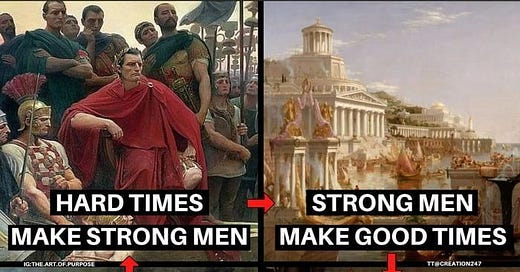


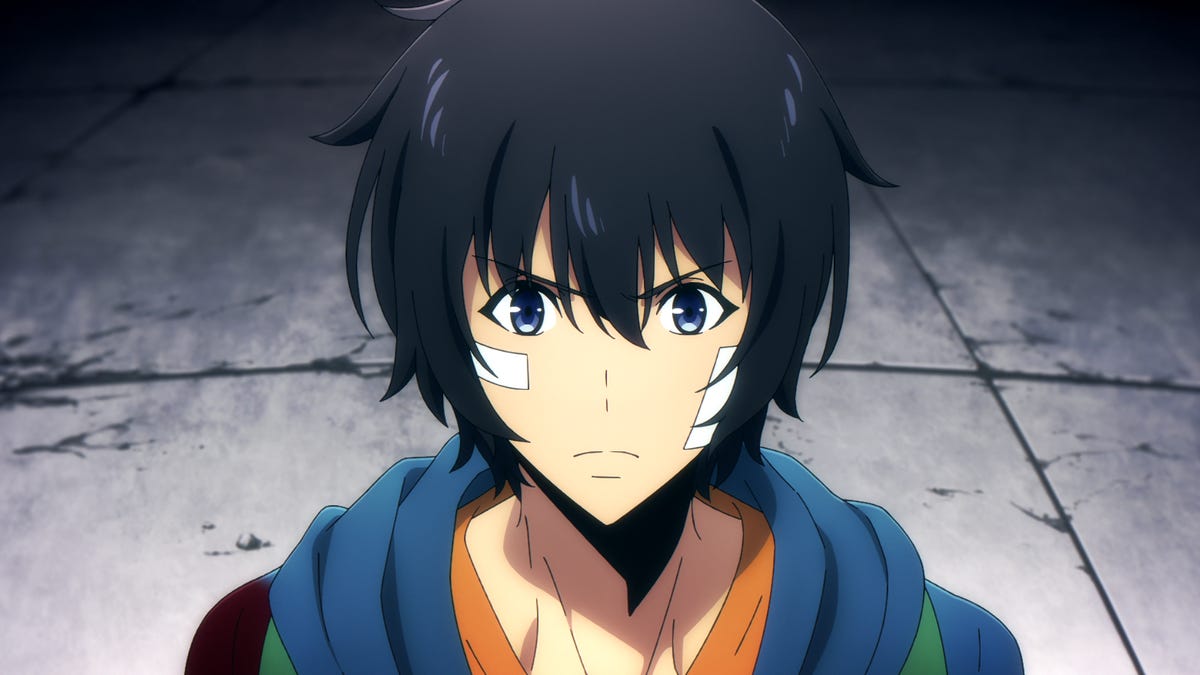
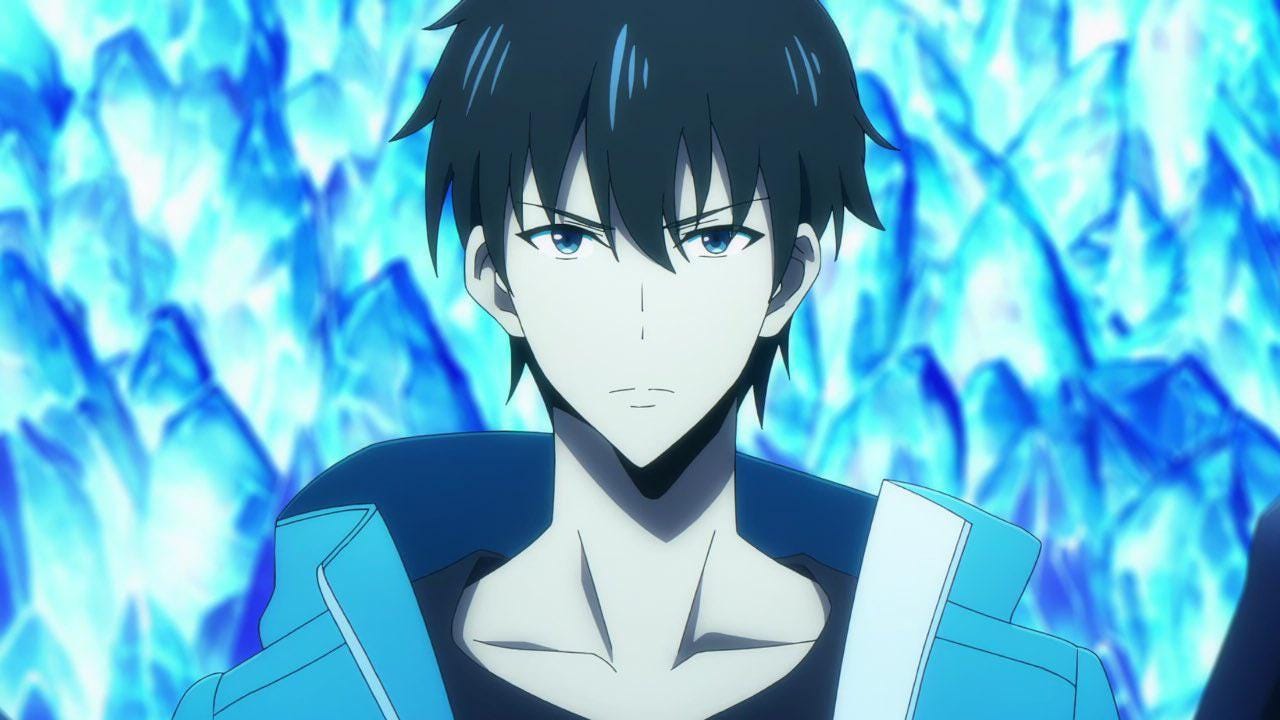


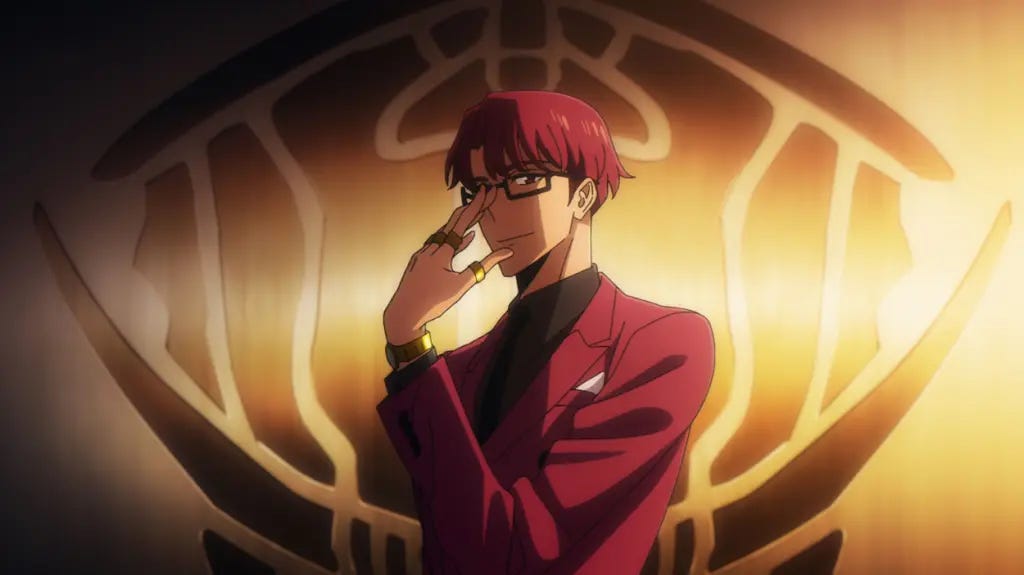
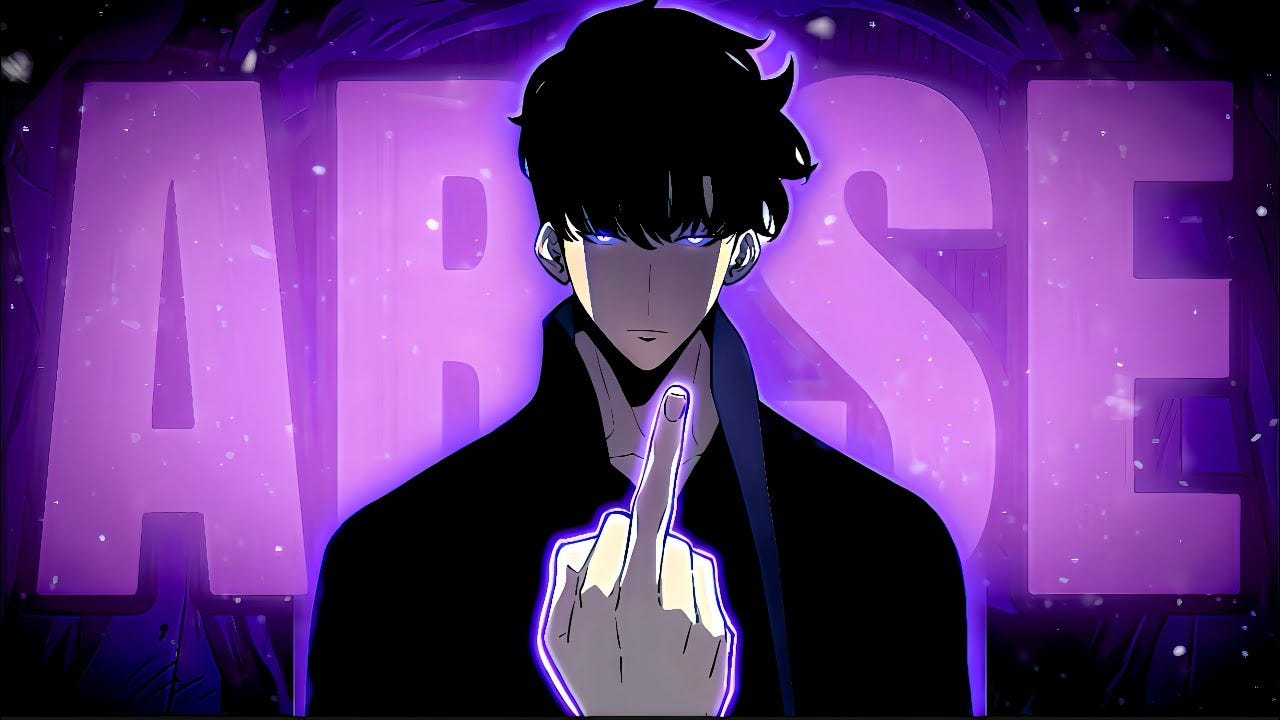
On god, I felt so gross watching it. As soon as I noticed the shift in character and how the show reinforces it as a good thing I had to stop watching. Good essay, I like :).